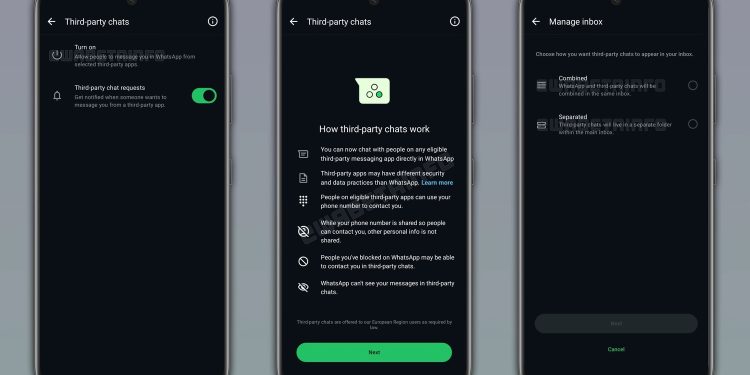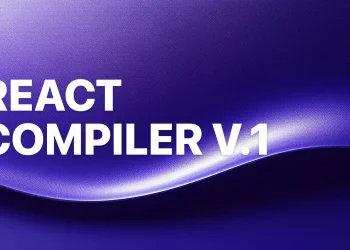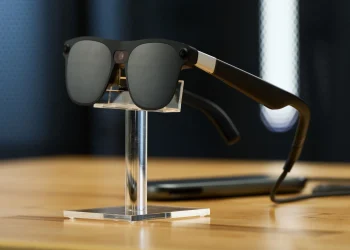Meta is preparing to roll out third-party chat integration on WhatsApp in Europe, the company announced on Friday. This move comes in response to the EU’s Digital Markets Act (DMA), which requires Meta to allow users to communicate with people using interoperable third-party messaging services.
Third-Party Integration Launch
Following successful small-scale tests, WhatsApp users in Europe will soon be able to chat directly with users of messaging apps BirdyChat and Haiket. Meta described this rollout as a “significant milestone” in complying with the DMA’s interoperability requirements.
Features and Capabilities
Users who opt into the third-party integration can share:
- Text messages
- Images and videos
- Voice messages
- Files
Meta adds that group chats with third-party users will be available once its partners are ready to support the feature.
Opt-In Process
Over the coming months, European users will see a notification in the Settings tab explaining how to opt in. Integration is limited to Android and iOS; desktops, tablets, and web versions will not support third-party chats initially.
Users can enable or disable third-party chat at any time, giving them full control over their messaging experience.
Security and Encryption
Meta emphasizes that all third-party chats will use the same level of end-to-end encryption as standard WhatsApp messages. The company has also ensured that users can clearly distinguish between WhatsApp chats and third-party chats.
Background and Collaboration
Meta’s partnerships with BirdyChat and Haiket follow a three-year collaboration with European messaging services and the European Commission. The goal was to develop a third-party chat solution that fully complies with DMA requirements.
In September 2024, Meta previewed the integration, showing that users could either create a designated folder for third-party messages or maintain a combined inbox. Users will also receive notifications whenever a new third-party messaging app becomes available.
By expanding interoperability, WhatsApp is aligning with European regulations while giving users more flexibility in how they connect across messaging platforms.














